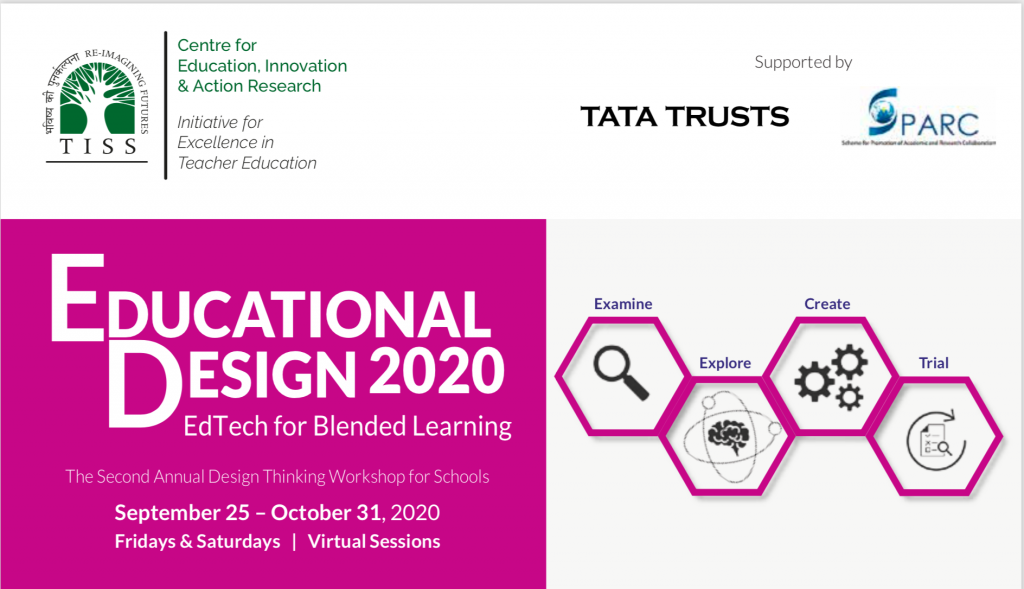Exploring nature and attempting to explain and predict natural phenomena are the essence of scientific investigation. The education system must help students to retain their sense of wonder about their environment, to discover and analyse patterns and make connections. The CLIx Science modules are aimed at developing scientific skills such as observation, measurement, data analysis, mathematization, visualization and representation. Information technology will be used to help students grasp events that are difficult to observe and analyse in real time. These modules aim to alter teachers’ own beliefs about science and science education and enable them to improve their classroom practices.
Vision
Students and teachers must experience the excitement of science by going through the process of scientific enquiry. This will enable them to perceive science as a process which involves continuous change rather than as a collection of unchallengeable facts.
Key Features
- Core content: This will be taken from the regular curriculum that exists in the respective states.
- Physics, Chemistry and Biology: Three modules for each are being developed.
- Science education research: Students’ prior knowledge tested in the field and feedback from field trials form the basis of the modules being designed.
- Multiple complementary activities: A rich experience of learning science is planned, using hands-on experiments, computer games, multimedia representations, different techniques of data analysis, etc.
- Information Technology (IT): The potential of IT is being effectively exploited for the visualizing of concepts and in the recording and handling of data. For example, some simulations are being planned for a module on “atomic theory” that would help students explore and understand the concept better.
- Collaboration: This is an integral value in scientific work and will reflect in the CLIx Science pedagogical approach through group discussions, sharing of data and students reviewing each others’ work.
- Flexibility for teachers: The modules are designed so that teachers may modify them in order to make them appropriate to local contexts.
- Continuous comprehensive evaluation: This is planned through homework and assignments embedded in computer-based activities that give students feedback (rather than scores/ grades) about their progress.
Latest Posts

Visit to a CLIx school in Sairang-Mizoram (17.01.2019)
February 8, 2019 / 0 Comments

CLIx Open Day: Learning with Games (07.08.2018)
September 26, 2018 / 0 Comments

The Stairway to Heaven
May 14, 2018 / 0 Comments

The 360-Degree TPD Review – Part 2 (21.02.18 – 23.02.18)
April 4, 2018 / 0 Comments




Comments are closed.